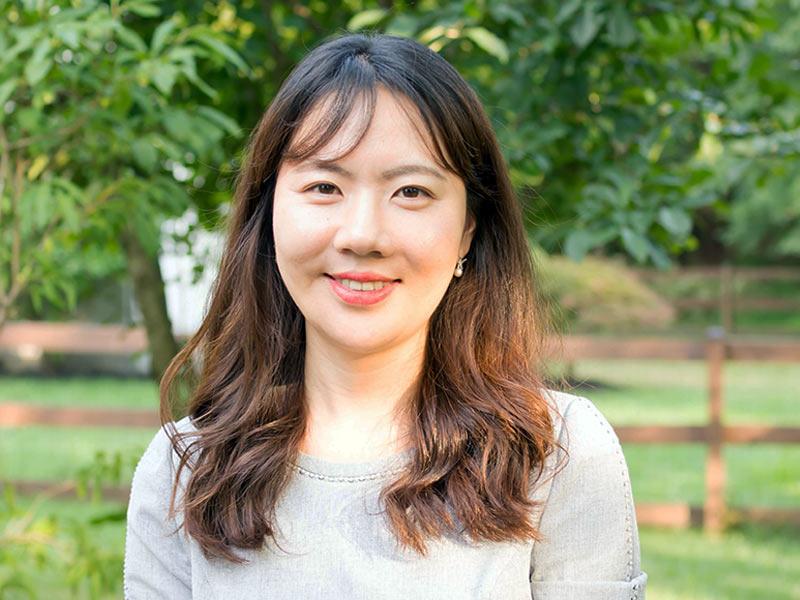Tulane researcher launches survey to study hate crimes against Asian Americans
The COVID-19 pandemic has sparked a dramatic increase in hate crimes and other hateful incidents against Asian Americans, and a Tulane University researcher wants to gain a better understanding of these experiences.
Irang Kim, an assistant professor in the Tulane School of Social Work, is teaming up with Xiaochuan Wang, an assistant professor of social work at the University of Central Florida, to gauge the extent of hate and hate crimes targeted at individuals of Asian descent and who self-identify as Asian American.
They also want to study how these experiences affected their well-being in terms of resilience and coping strategies.
As part of the study, Kim and Wang are conducting the “Asian American COVID-19 Experience Survey,” which is open to Asian Americans and Asian immigrants 18 years of age and older. The survey, available in English, Korean and Chinese Mandarin, takes around 15 minutes to complete and will be open through July 31, 2021.
Several studies have been done documenting the increase in hate crimes against Asian Americans. The Center for the Study of Hate and Extremisms at California State University says such crimes jumped 149 percent between 2019 and 2020. Another group, Stop AAPI (Asian American and Pacific Islander) Hate recorded 3,800 incidents of hate, mostly towards women, during the first year of the pandemic.
“I am hoping to understand more about what has happened during the pandemic to Asians in the U.S., particularly in the area mental health. We included questions like social supports, coping strategies, mental health issues and services used when they needed,” Kim said.
“We are interested in learning resilience factors that prevented them from having mental health issues. The identified factors can be potential areas where we can develop culturally competent interventions to Asians in the U.S. so that it helps them go through their adverse experiences."

